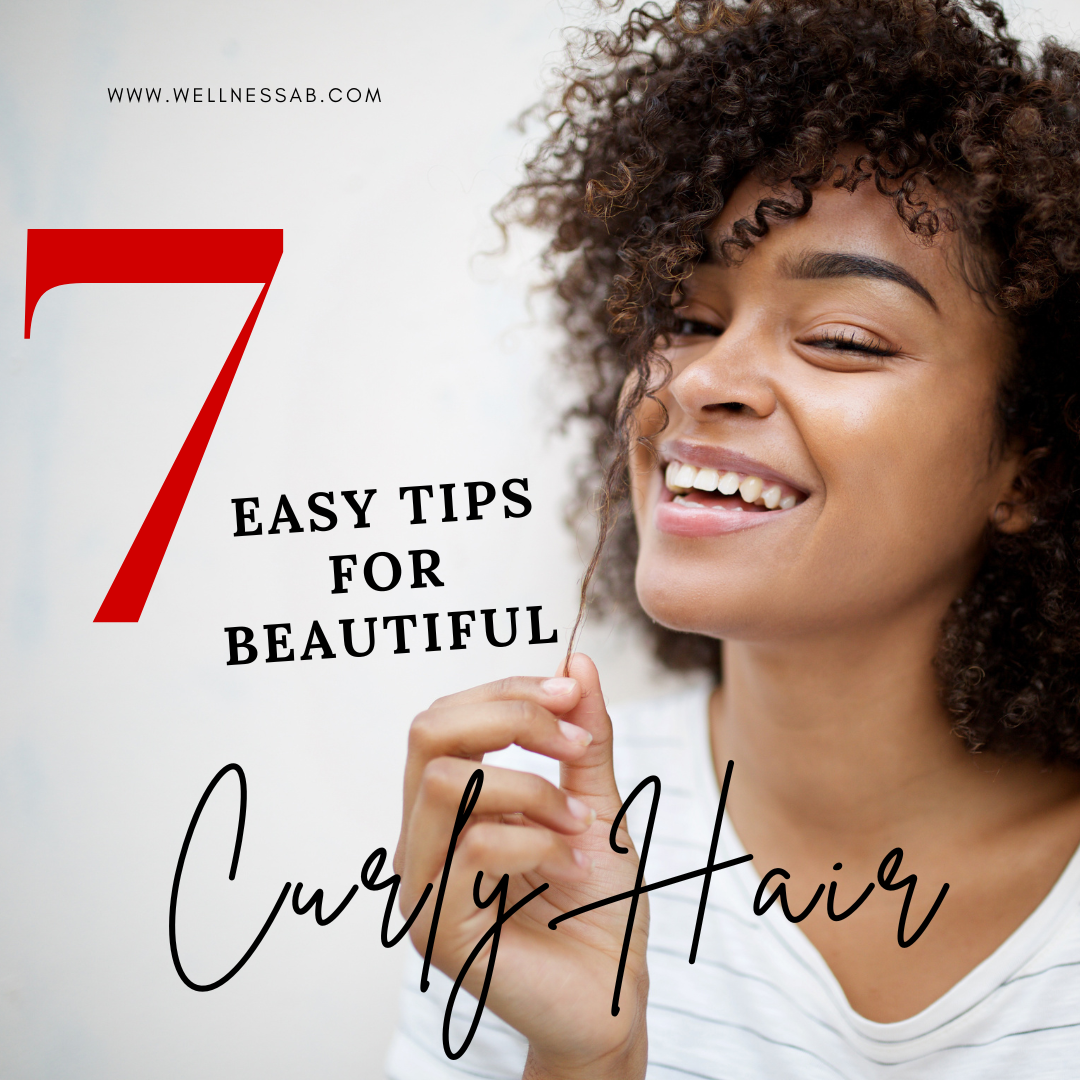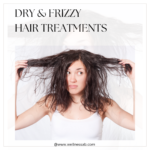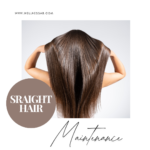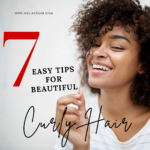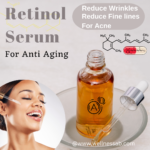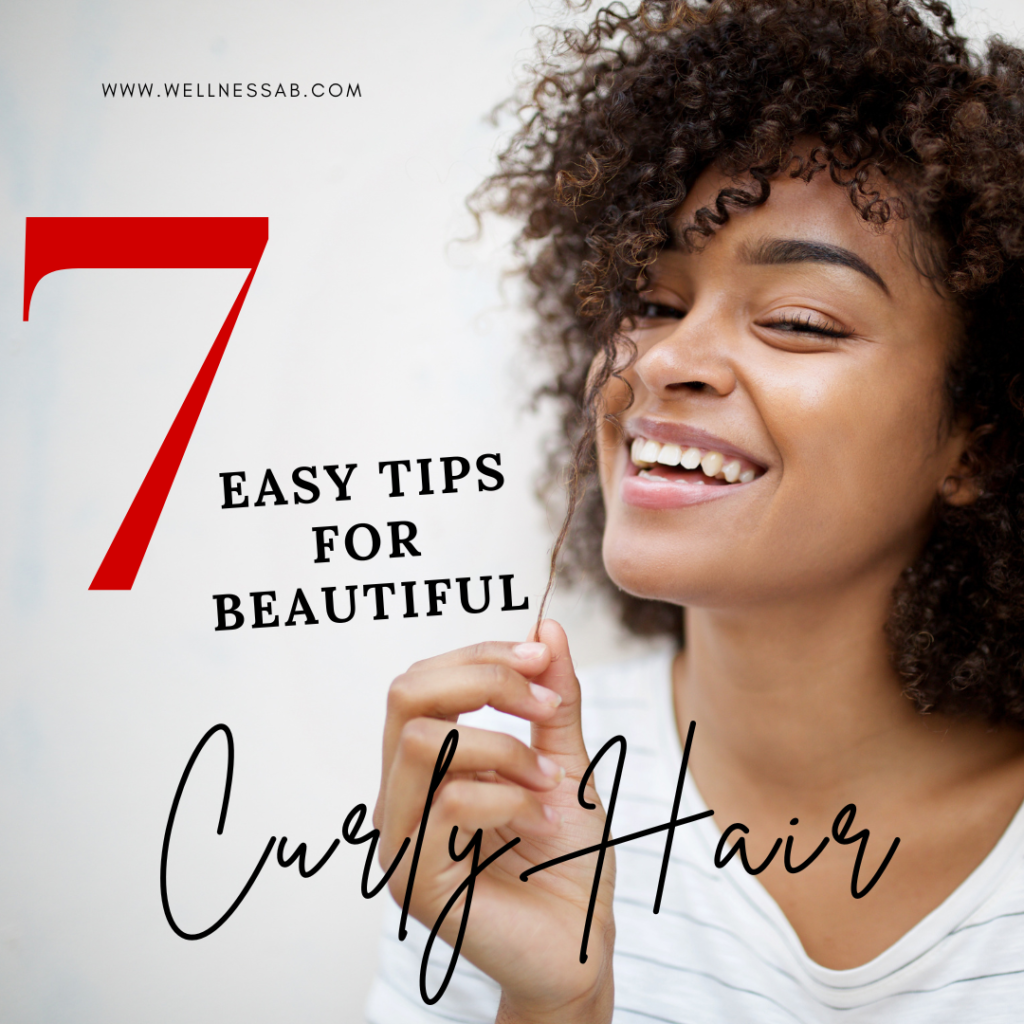
Intoduction
Curly hair, with its unique texture and versatility, requires special attention and care. Unlike straight hair, curly hair tends to be drier and more prone to frizz, making it essential to adopt a dedicated hair care routine. Proper care can enhance the natural beauty of curls, providing shine, definition, and manageability. This article delves into the top tips for curly hair care, offering insights into understanding curl types, choosing the right products, and adopting best practices for maintaining healthy, beautiful curls.
Types and Categories
Different Types of Curly Hair (2A to 4C)
Curly hair is categorized into various types based on the curl pattern. These range from wavy (2A) to curly (3A) and coily (4C). Understanding your curl type is crucial for selecting the right products and techniques.
Porosity Levels and Their Impact
Hair porosity refers to the hair’s ability to absorb and retain moisture. It plays a significant role in how products interact with your hair. Low porosity hair tends to resist moisture, while high porosity hair absorbs it quickly but loses it just as fast.
Scalp Health and Curly Hair
A healthy scalp is the foundation for beautiful curls. Issues like dryness, dandruff, or excessive oil production can impact the health and appearance of curly hair.
Niacinamide and its effects on skincare. Everything you need to know!
Causes and Risk Factors
Genetics and Curly Hair
Genetics largely determine curl pattern, density, and texture. Understanding your hair’s genetic predispositions can help tailor your hair care routine.
Environmental Factors
Humidity, pollution, and UV exposure can affect curly hair, leading to frizz and dryness. Protective measures are necessary to shield hair from these environmental aggressors.
Styling Practices and Their Effects
Frequent use of heat styling tools, chemical treatments, and tight hairstyles can lead to damage and breakage. It’s important to use protective products and limit damaging practices.
Diagnosis and Tests
Determining Your Curl Type
To accurately determine your curl type, examine the curl pattern when the hair is dry and product-free. This helps in choosing appropriate styling and care methods.
Testing Hair Porosity
A simple water test can help determine hair porosity. Drop a strand of clean hair into a glass of water; if it sinks quickly, it is highly porous, and if it floats, it has low porosity.
Scalp Health Assessments
Regular scalp assessments can help detect issues like dryness, dandruff, or infections. Keeping the scalp clean and moisturized is essential for overall hair health.
7 tips & Treatment Options
Essential Hair Care Products
Following are some important tips for curly hair :
Choosing the right products is crucial for curly hair care. Look for products free from sulfates, parabens, and silicones, as these can be drying and damaging.
Choosing the Right Shampoo and Conditioner
For curly hair, it’s best to use gentle, sulfate-free shampoos and moisturizing conditioners. These products help cleanse the hair without stripping it of natural oils.
Deep Conditioning and Moisture Treatments
Deep conditioning treatments are essential for replenishing moisture and nutrients in curly hair. Use a rich, hydrating mask once a week for best results.
Leave-In Conditioners and Styling Creams
Leave-in conditioners and styling creams help define curls, reduce frizz, and add moisture. Choose products based on your curl type and desired style.
Oils and Serums for Curly Hair
Oils and serums can add shine, reduce frizz, and provide extra moisture. Lightweight oils like argan and jojoba are ideal for fine curls, while heavier oils like coconut and olive oil work well for thicker hair.
Protein Treatments for Strengthening
Protein treatments help strengthen the hair shaft and reduce breakage. Use these treatments sparingly, as too much protein can lead to brittleness.
Scalp Care and Treatments
Maintaining a healthy scalp is vital for hair growth and overall hair health. Regular scalp massages, exfoliation, and targeted treatments can help.
Preventive Measures
Protective Hairstyles
Protective styles like braids, twists, and buns help minimize damage and breakage. These styles protect the hair from environmental factors and reduce manipulation.
Nighttime Hair Care Routine
Using a silk or satin pillowcase, bonnet, or scarf can help reduce friction and prevent breakage while sleeping. Pineapple your curls or braid them loosely to maintain definition.
Seasonal Hair Care Adjustments
Hair care needs may change with the seasons. In winter, focus on moisture retention, while in summer, protect your hair from UV rays and humidity.
Heat Styling Precautions
If you use heat styling tools, always apply a heat protectant to minimize damage. Limit heat styling to prevent moisture loss and breakage.
Trimming and Maintaining Length
Regular trims help prevent split ends and maintain healthy hair. Trim your hair every 6-8 weeks or as needed to keep your curls looking their best.
Expert Insights
Advice from Hair Care Professionals
Experts can provide valuable advice on managing curly hair. Consult with a hair care professional for personalized tips and product recommendations.
Recommended Products by Experts
Highlight products recommended by experts for curly hair care. These can include shampoos, conditioners, styling products, and treatments.
Common Mistakes and How to Avoid Them
Identify common mistakes people make when caring for curly hair and provide tips on how to avoid them.
Conclusion
Summary of Key Points
Summarize the key points discussed in the article, emphasizing the importance of understanding your hair type, using the right products, and following a consistent care routine.
Encouragement for Embracing Curly Hair
Encourage readers to embrace their natural curls and experiment with different styles and products.
Call to Action: Try These Tips Today
Encourage readers to implement the tips and tricks shared in the article to achieve healthy, beautiful curls.

